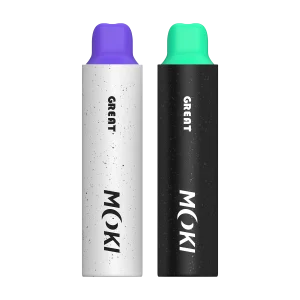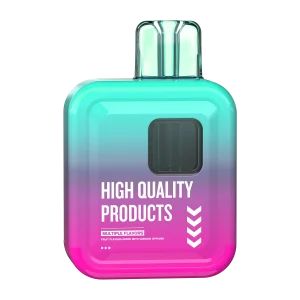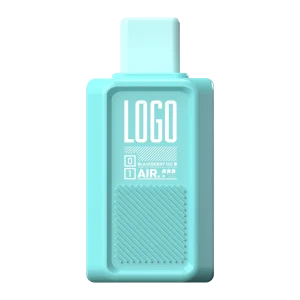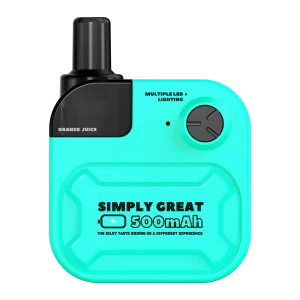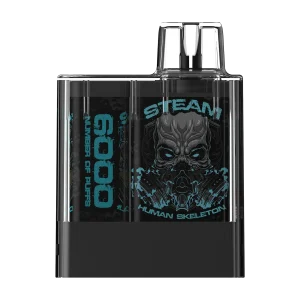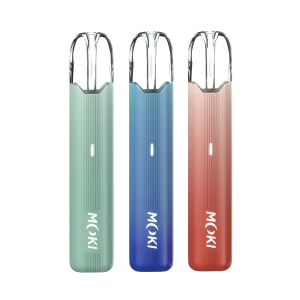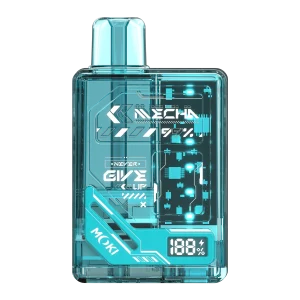The global vaping market is heading towards centralization, and as one-time bans spread across countries, the importance of product form changes and brand influence grows. MOKI Tech believes that opening vaping brand stores in 2025 could become a key strategy for brand operations. Here’s why:
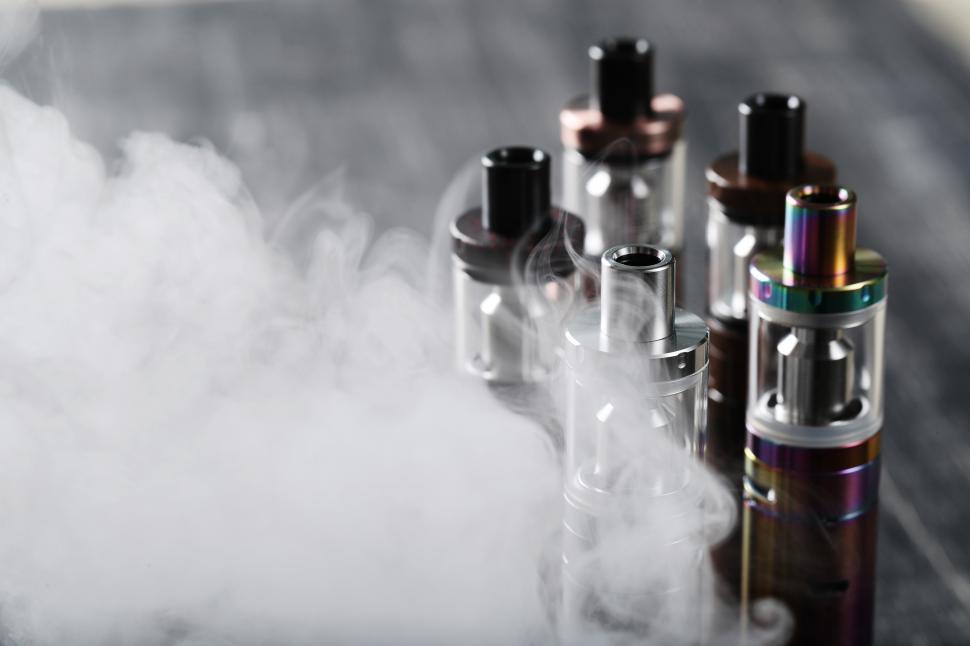
Vaping Brand Image Shaping and Enhancement:
Professional Display: Brand stores offer a dedicated space to showcase vaping brands professionally. With well-designed store decorations, product layouts, and lighting, a unique brand atmosphere can be created. This helps communicate brand values, philosophies, and product features, differentiating from competitors.
Trust Building: Consumers often have concerns about the quality and safety of vaping products. Brand stores can demonstrate strict quality control and professional after-sales service, enhancing consumer trust and brand recognition.
Vaping Experience and Sales Service:
In-depth Experience: In brand stores, consumers can try different styles and flavors of vapings, understanding their performance and features. Professional sales staff provide detailed product introductions and usage guidance, improving customer satisfaction.
Personalized Service: Brand stores can offer customized product services based on consumer needs, such as tailor-made e-liquid flavors or devices with personalized engravings, increasing product value and consumer loyalty.
After-Sales Service: Comprehensive after-sales services, including product repairs, maintenance, and returns, can alleviate consumer concerns, improve brand satisfaction, and promote long-term brand development.
Market Promotion and Customer Relationship Management:
Market Promotion: Brand stores can serve as promotional platforms, hosting new product launches, sales events, and themed exhibitions to attract consumer attention and participation, increasing brand awareness and influence.
Customer Relationship Management: Brand stores can collect consumer information and feedback, establishing a customer relationship management system to categorize, analyze, and track consumers. Regular follow-ups, membership activities, and exclusive offers can maintain close contact with consumers, increasing loyalty and repurchase rates.
Adapting to Vaping Policy and Regulatory Changes:
Compliance Operation: Policies and regulations on vapings vary by region, with some areas having strict restrictions on sales and promotion. Brand stores can better understand local policies and regulations, ensuring compliance and avoiding penalties.
Policy Response: Brand stores can act as a bridge between the brand and local governments and regulatory bodies, keeping abreast of policy changes and preparing in advance. They can also demonstrate the brand’s commitment to product quality and consumer health to gain policy support and recognition.
Competitive Advantage and Market Share Expansion:
Competitive Advantage: In the global market, vaping brands face fierce competition. Brand stores provide an independent sales channel, reducing reliance on other channels and competition risks. The brand image, product experience, and after-sales service of brand stores can attract more consumers and enhance market competitiveness.
Market Share Expansion: By opening vape stores in different regions, brands can quickly expand their global market sales network, increasing market coverage and share. Brand stores can also serve as market research platforms, understanding local consumer needs and market dynamics, providing a basis for product development and marketing strategies.
In 2025, vaping brands will inevitably operate locally, and opening vape brand stores is a reflection of this localization. Vaping brands have long focused on controlling sales channels, and with the trend towards brand centralization, they will inevitably compete for C-end users.

